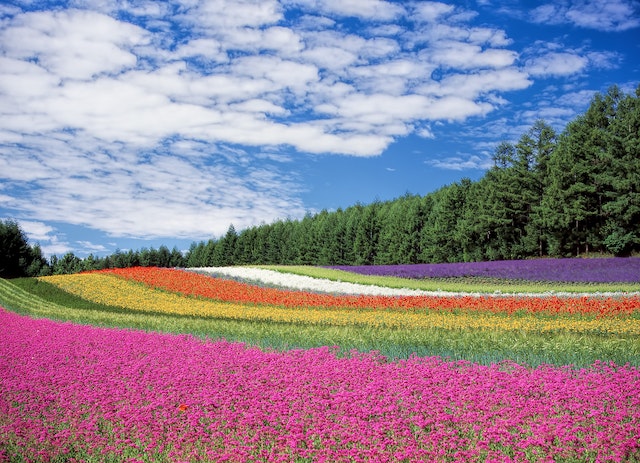
Growing your own food is a great way to eat fresh, healthy produce and reduce your environmental footprint. By starting a vegetable garden, you can enjoy the benefits of homegrown fruits and vegetables, and contribute to a more sustainable food system.
One of the benefits of growing your own food is that it allows you to eat fresh, seasonal produce. Freshly picked fruits and vegetables are packed with nutrients and flavor, and can provide a variety of health benefits, from improved digestion to reduced risk of chronic disease.
Growing your own food can also be a great way to reduce your environmental footprint. By growing your own produce, you can reduce the amount of energy and resources required to transport and package food, and reduce the amount of food waste that ends up in landfills.
When starting a vegetable garden, it’s important to choose the right location and prepare the soil properly. Vegetables require full sun and well-draining soil, so choose a location that receives at least 6 hours of direct sunlight per day and amend the soil with compost or other organic matter.
When selecting vegetables to grow, consider your climate and growing season. Some vegetables, like tomatoes and peppers, require a long growing season and warm temperatures, while others, like lettuce and spinach, prefer cooler temperatures and can be grown in the spring and fall.
It’s also important to provide proper care and maintenance for your vegetable garden. This can include regular watering and fertilizing, pruning and staking, and controlling pests and diseases.
Finally, when harvesting your vegetables, be sure to do so at the right time to ensure peak flavor and nutrition. Most vegetables should be harvested when they are fully ripe and at their peak flavor and texture.
In conclusion, growing your own food is a great way to eat fresh, healthy produce and reduce your environmental footprint. By starting a vegetable garden and selecting the right location, vegetables, and care and maintenance practices, you can enjoy the benefits of homegrown fruits and vegetables, and contribute to a more sustainable food system. So, whether you have a small balcony or a spacious backyard, give vegetable gardening a try and experience the rewards it can bring to your life and the environment.


